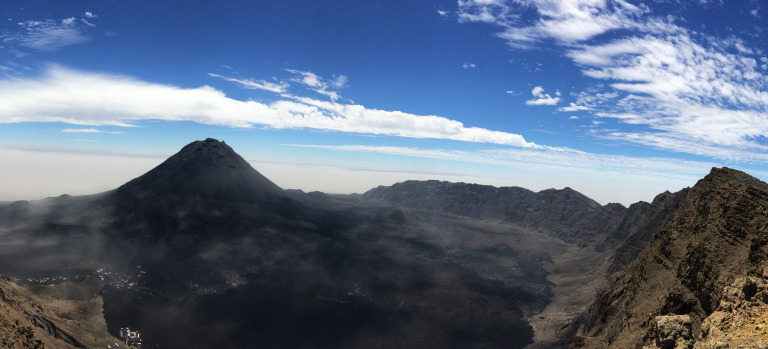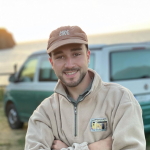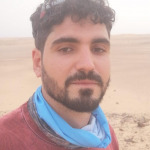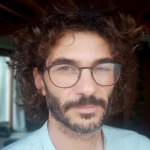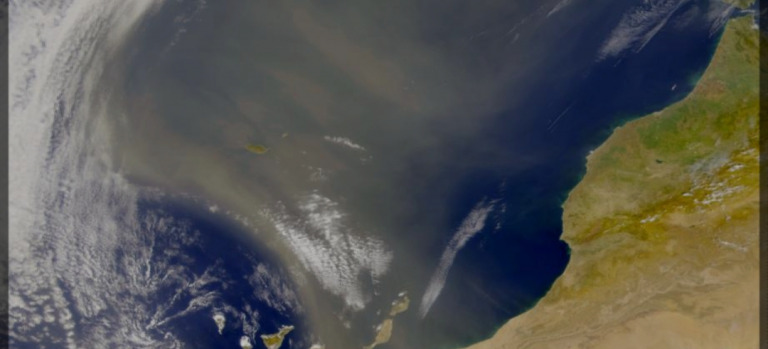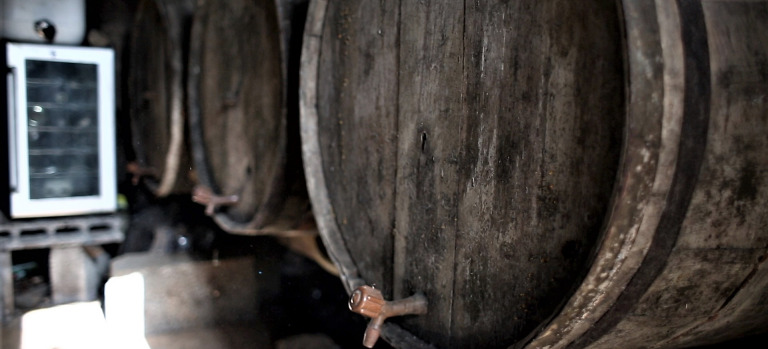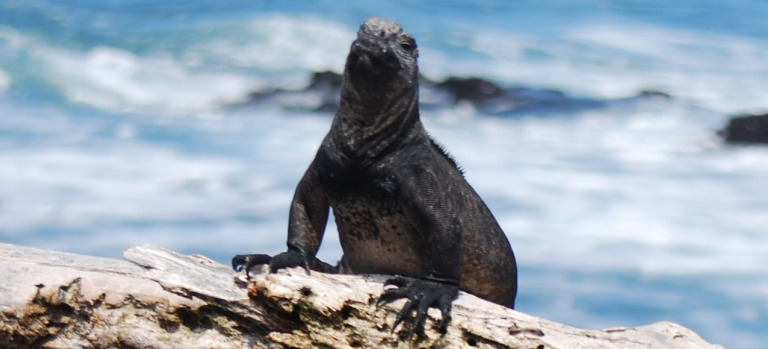Social Sciences, Heritage and Food
The Social Sciences, Heritage and Food group aims to establish a connection between social and natural sciences as part of a comprehensive, interdisciplinary and sustainable approach applied to agro-ecological practices and processes from an anthropological and sociological perspective. The aim is to gain an understanding of the processes by which traditional agricultural products generate quality representations, forms of differentiation in the market and, finally, allow for the valorisation of the product. The ultimate goal is to promote the transition towards a healthy, sustainable and ecological agro-ecological alimentary system. Through the anthropology and sociology of heritage and food, the aim is to characterise the interrelationship between production and consumption processes and practices. Specifically, we will analyse the Canarian wine sector at the crossroads between heritage conservation, valorisation and sustainable tourism promotion, as well as other traditional food products.
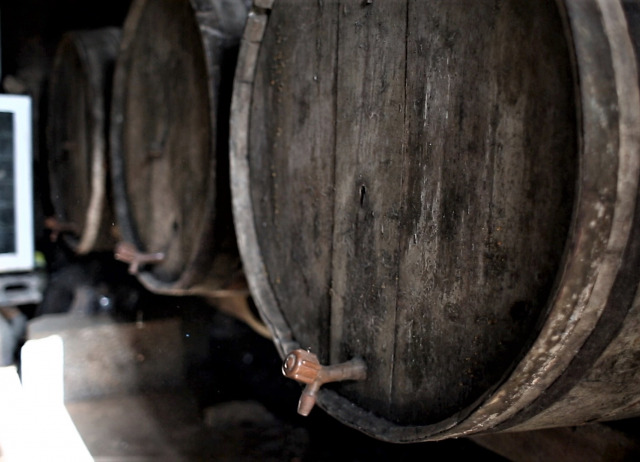
Presentation
The Social Sciences, Heritage and Food group is positioned within the overall area SOCIETY, which operates within a CSIC centre as interdisciplinary as is the IPNA. This research group has its origins in the arrival in 2018 of the anthropologist Pablo Alonso González as the first Ramón y Cajal researcher at the IPNA-CSIC. After obtaining a tenured position at another CSIC centre, he finally rejoined the IPNA-CSIC via a transfer. Soon later, in 2020, the sociologist Eva Parga Dans joined the centre, also through a Ramón y Cajal contract. They started to operate as a group in itself from 2021 with a great potential for growth. The main objective of the group is to analyse the field of gastronomic heritage and agri-food systems from an integrated perspective that sheds light on its multidimensionality and complexity. Its priority is focused geographically on the Canary Islands and thematically on fermented products and organic farming. This is achieved through the development of several lines of research that complement each other. They address a wide range of societal challenges: European Union and global priority goals centred on the pursuit of sustainability, promotion of biodiversity, improvement of the quality and safety of agri-food systems, and a deeper understanding of gastronomic heritage.
Research lines
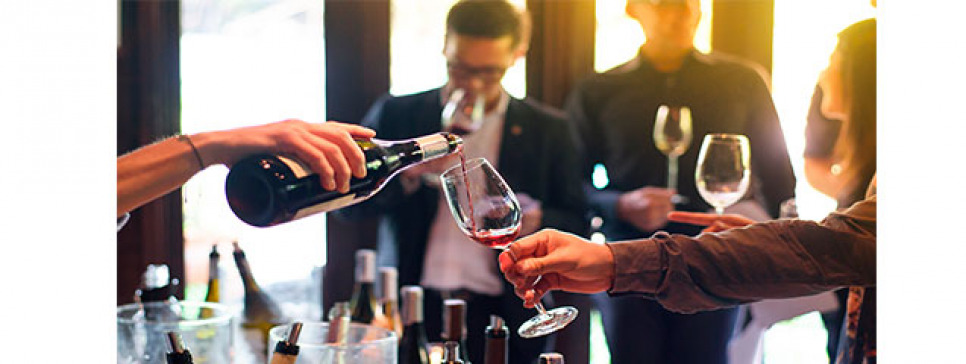
Food consumption, agricultural and circular economy and sustainability studies
Consumer studies seek to explore issues associated with differentiation, added value and willingness to spend, with a special focus on Canarian gastronomy and, in particular, on distinguished products such as wine.
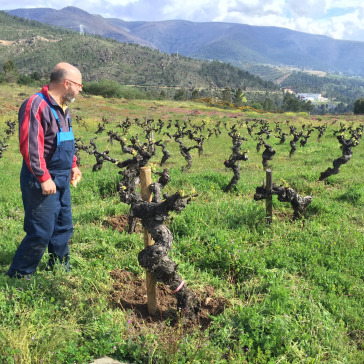
Anthropology and sociology of fermented beverages and foods
The aim of this line is to examine such products, currently enjoying a rise in consumption, in order to analyse and publicise their distinctive properties, with a preferential focus on the Canary Islands.
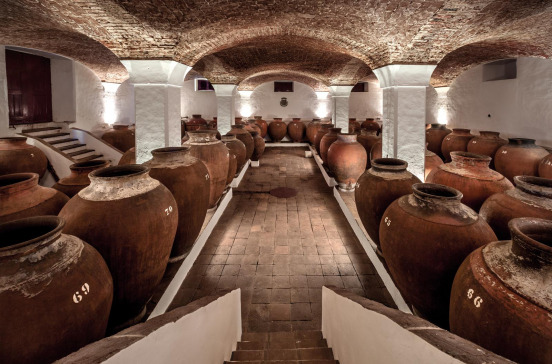
Anthropology and sociology of cultural heritage
From a heritage studies perspective, this project aims to analyse cultural heritage and its social value, including tangible and intangible aspects, with a primary focus on gastronomic heritage.
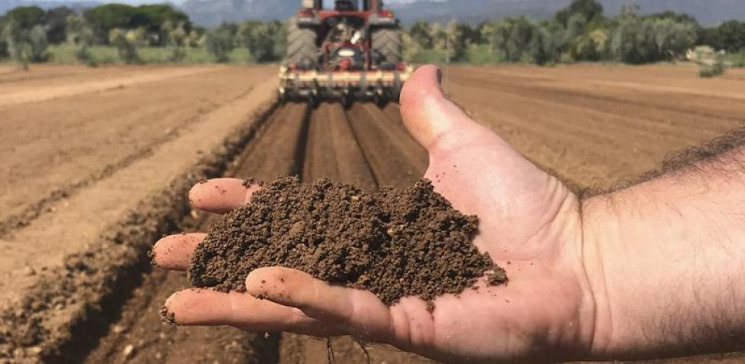
Agrifood systems, ecology, proximity and circular economy
From a pragmatic approach, this line of research analyses the social construction of proximity, the natural and the circular economy.
PhD & MSc. Thesis
Tutorización de Prácticas Externas de Fin de Grado. Curso 2021/2022
DO del vino en Galicia y la distinción
La potencialidad del sector vitícola canario como referente vitícola ecológico. El caso de Tenerife
Tutorización de Prácticas Externas de Fin de Grado. Curso 2020/2021
Funding
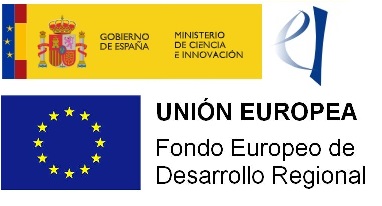
El reto de la certificación del vino natural: Controversias culturales, asimetrías de información y patrones de consumo
En Ejecución
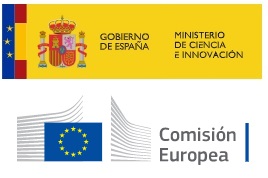
Socioeconomics of Cultural Heritage: Tradition, Quality & Innovation
En Ejecución

La Sidra en Canarias: cultura, consumo, gobernanza y tipificación de un producto único (SIDRACAN)
El análisis que se pretende llevar a cabo consiste en identificar, en primer lugar, los aspectos culturales y patrimoniales vinculados a la producción y consumo de la sidra canaria; y en segundo…
Finalizado
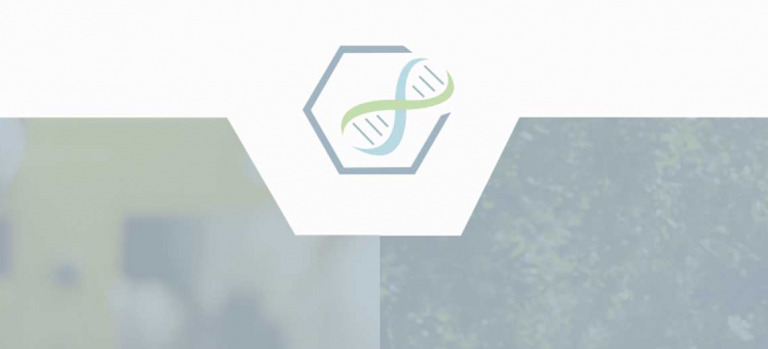
Patrimonio en Riesgo
Patrimonio en Riesgo: Arqueología del Paisaje, Teledetección y Patrimonio Cultural en el marco de lo erupción del volcán en La Palma. Contrato de Apoyo Tecnológico entre ULL y Dirección de…
Francesc C. Conesa
Finalizado

Inventario de Pipas de Tea
Contrato de Apoyo Tecnológico entre CSIC y Consejo Regulador de la Denominación de Origen de Vinos de La Palma.
Eva Parga Dans y Pablo Alonso González
Finalizado
People
Pablo Alonso González
Eva Parga Dans
Rubén Barroso Martínez
Celia Extremo Martín
Raúl Pérez
Eduardo Diez Pombo
Ferran Pons Raga
Manuel Eduardo Aranda Redondo
Miriam Salvador Brenchat
Paloma Castro Fernández
Giulia Uccheddu
Cristina Cabrera Febles
Publications
Sustainable tourism and social value at World Heritage Sites: Towards a conservation plan for Altamira, Spain
This study aims to identify the factors that constitute the social value of heritage in relation to sustainable tourism. To do so, this paper provides a theoretical contribution by unifying the fields of heritage management and sustainable tourism through a mixed-method approach. It showcases the social dimension of the World Heritage Site of Altamira, Spain, combining qualitative and quantitative techniques. Research findings provide information about the multiple factors determining the social value of heritage, namely: existential, aesthetic, economic, and legacy values and the risks associated with underestimating the contemporary social value. Ultimately, this research paves the way for improving normative approaches toward sustainable tourism and, offers practical solutions to the challenges faced by the Altamira and other World Heritage Sites.
Parga Dans, Eva; Alonso González, Pablo
Taste and Knowledge: the Social Construction of Quality in the Organic Wine Market
A significant portion of the agricultural food sector today is geared towards developing sustainable and organically based products, contributing to a widely acknowledged ‘quality turn’ in food markets (Goodman 2004). Organic viticulture is booming worldwide, having increased threefold between 2004 and 2015 (Willer and Lernoud 2016). Consumers are willing to pay a premium for wines deriving from organic vineyards in the belief that they are healthier, tastier, and of higher quality, although the differences between organic, biodynamic, or sulfite free wines remains confusing for many (Amato et al. 2017). In exploring this paradigm shift, current research addresses the question of how organic wines can provide increased value given the lack of clarity about the full list of ingredient and qualities (Krzywoszynska 2015; Delmas et al. 2016)...
Parga Dans, Eva; Alonso González, Pablo; Macías Vázquez, Alfredo
From intentional community to ecovillage: tracing the Rainbow movement in Spain
The Rainbow is a global community that emerged with the hippie movement in the 1960s. Although it originated and largely developed in the USA, it soon expanded to Europe. Due to the political context in Spain, the Rainbow was weak there until the reestablishment of democracy in 1975, when it was spurred by the creation of various communes throughout the country. This paper explores the issue of heritage in one of the earliest and most iconic Rainbow villages in Spain, Matavenero, asking whether notions of heritage emerge in Rainbow contexts. In doing so, it contributes to critical geography of heritage and intentional communities by inquiring into the narratives about the past developed by the community and their use of space and material culture in ways that reproduce forms of segmentarity. Drawing on ethnographic methods and long-term ethnography, the paper demonstrates the absence of the notion of heritage as generally understood in Western capitalist culture and develops the concept of “a-patrimonial” processes to explain this phenomenon.
Alonso González, Pablo; Parga Dans, Eva
Heritage in danger. The collapse of commercial archaeology in Spain
As in most European countries and elsewhere, Spanish commercial archaeology is a business model based on the theoretical and technical principles of safeguarding heritage that thrived during the 1990s and 2000s. However, nearly half of the Spanish archaeological companies closed by 2014, stressing the drama associated with the redundancy of its workforce in a mere five-year period and the threat to heritage protection and management. The current context of global crisis has impacted this sector, which is on the brink of extinction. This emphasizes the need for a new paradigm of archaeological heritage management in the 21st century. This breakdown calls into question the extent to which archaeology can generate initiatives of sustainable heritage management. By analysing data derived from an empirical study of Spanish archaeological companies between 2009 and 2017, this paper explores the underlying factors behind the collapse of commercial archaeology. In doing so, it contributes to the current global debate about the future possibilities of heritage management in a post-industrial context.
Parga Dans, Eva
The Unethical Enterprise of the Past: Lessons from the Collapse of Archaeological Heritage Management in Spain
This paper explores the underlying factors behind the collapse of commercial archaeology in Spain, with implications for other international contexts. It contributes to the current global debate about heritage ethics, adding nuance and conceptual depth to critical management studies and cultural heritage management in their approach to business ethics. Similar to other European contexts, Spanish archaeological management thrived during the 1990s and 2000s as a business model based on policies directed at safeguarding cultural heritage. The model had controversial ethical implications at academic, policy and business levels. However, the global financial crisis of 2008 had a huge impact on this sector, and more than 70% of the Spanish archaeological companies closed by 2017. Drawing on the concepts of abstract narratives, functional stupidity and corporatist neoliberalism, this paper illustrates the need to examine ethical issues from a pragmatic standpoint, beyond epistemological and moralistic critiques of profit-oriented businesses in the cultural realm. In doing so, it connects the fields of cultural heritage and management studies, opening up hitherto unexplored strands of research and debate.
Parga Dans, Eva; Alonso González, Pablo
Natural wine: do consumers know what it is, and how natural it really is?
Natural wine is a small but rapidly growing sector within the wine industry. Expertise in the field has been advanced by wine experts and professionals, while publications to aid in further understanding the topic lag behind. This manuscript highlights the need to develop more rigorous methodologies to better understand the market segment of natural wine, its consumers, and their composition and behaviour. Moreover, it calls for a deeper theoretical engagement with the notion of natural wine, which positions it among other sustainable and ecological certifications, including organic, biodynamic or sulphite-free. This would allow researchers to advance from the current state of knowledge, which continues to limit our ‘practical’ capacity for advice to policy makers but not to winemakers and marketers. These theoretical and methodological developments would allow scholars to catch up with debates being held by different social actors in the natural wine scene, including winemakers’ and consumer associations, bloggers, writers and professional marketers.
Alonso González, Pablo; Parga-Dans, Eva
Collaborations
- Cabildo de La Palma
- Denominación de Origen Vinos de La Palma
- Cabildo de Gran Canaria
- Denominación de Origen de Vinos de Gran Canaria
- SERTOX. Universidad de Las Palmas de Gran Canaria
- Departamento de Antropología y Sociología, Universidad de La Laguna
- Cátedra Cajasiete de Economía Social y Cooperativa, Universidad de La Laguna
- Grupo de Estudios Territoriales, Universidade da Coruña
- VINCANAT. Asociación de Productores de Vinos Naturales de Canarias
Pablo Alonso González
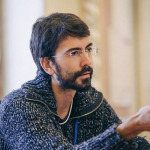
Contact information
Eva Parga Dans
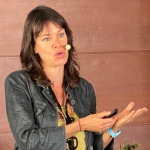
Contact information
Galería de imágenes y vídeos
News/Blog
Other research groups
Ciencias de la Vida y de la Tierra
Life and Earth Sciences
